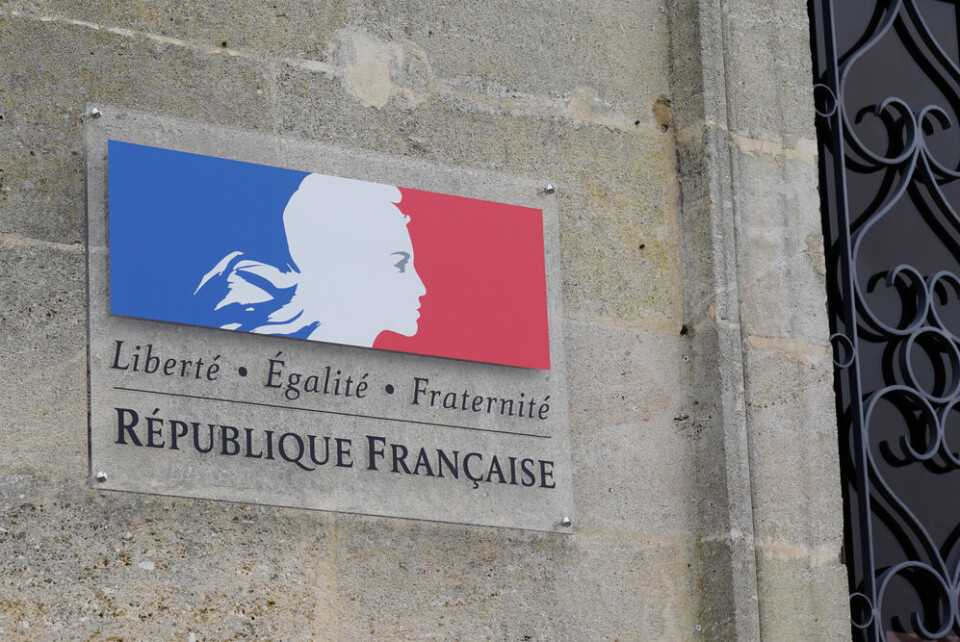-
Residency rights and border changes: What's new and changing in France in 2026
Including the EU’s launch of travel authorisation scheme ETIAS and the continued ‘phase in’ of its digital borders system, EES
-
Dual citizenship under threat: what the US bill means for Americans in France
We must stop senator’s plan to ban dual American citizenship say Franco-American lawyers
-
French MPs vote in favour of automatic renewal of long-term residency cards
Multi-year and 10-year cards would be only be refused in case of legal grounds for refusal
Do I have to agree to Republican values to get French residency?
A contract is required for most people signing multi-year residency agreements

Edit: New 2024 immigration law rules in force in 2025 state that all immigrants applying for a residency card in France may be asked to sign a simple document attesting to their support for 'Republican values'. This is not the same as the more in-depth CIR process described in this article.
Reader Question: I have been asked to sign a contrat d'intégration républicaine as part of my residency application, and I do not know much about the document. Does it mean anything political, such as I cannot be a monarchist (I like Charles III!)?
The contrat d'intégration républicaine (CIR) is signed by non-EU citizens who come to France on many kinds of long-stay visa as part of a move to live in France.
This includes, for example, cards for many people coming to do employed or self-employed work, or due to family links in the country.
However there are some exceptions, such as for Britons with a Withdrawal Agreement residency card, who do not need to sign it, and highly-skilled workers on a 'passport talent' visa.
It is also not required for those visiting the country on holiday (either with a three-month Schengen visa or visa-free access of 90 days to the Schengen area) or those coming to France on a visa for 12 months or less.
The CIR is presented during your first interview with the Office Français de l'Immigration et de l'Intégration (Ofii) as part of the immigration process.
It is provided both in French and your native language – you can find a copy in English here.
You must take ‘civic training’ and a language test
Alongside the ‘republican values’ it asks you to adhere to (see more about these below), the document requires you attend ‘civic training’ about French life, covering a total of 24 hours, usually split into multiple sessions over the course of four months.
It also requires proof of your French language level, either via previous qualifications or by a language test given by Ofii.
The level required is A1 (basic) and you must agree to take free lessons if you do not meet the level.
Read more: A1, C2: What is the CEFR language rating in France?
The contract is completed after one year during a second interview with Ofii, with evidence of having done any training requested and that you are well integrated in France.
It can be terminated prior to this if you fail to uphold the rules laid out.
Having followed what was asked for (lessons, training...) is part of the requirements for later obtaining a multi-year (up to four years) version or your residency card or one of the 10-year cartes de résident.
Is the contract political?
The CIR does not make mention of any political choices (such as being a republican instead of a monarchist).
However, it does require those who sign it to respect the essential values of French society and of the Republic.
These values include freedom of expression and belief, freedom of political opinion, and laïcité – the latter referring to the fact that the state is secular and does not impose any particular religion.
It also includes equality of citizens with regard to characteristics such as gender, race and origins and sexual orientation.
You can find a list of other such ‘Principles of the Republic’ on the official Élysée Palace website here.
Related articles
What changes in France in 2024 for residency rights and border control
Visas, residency cards: What changes in France’s new immigration law?
























